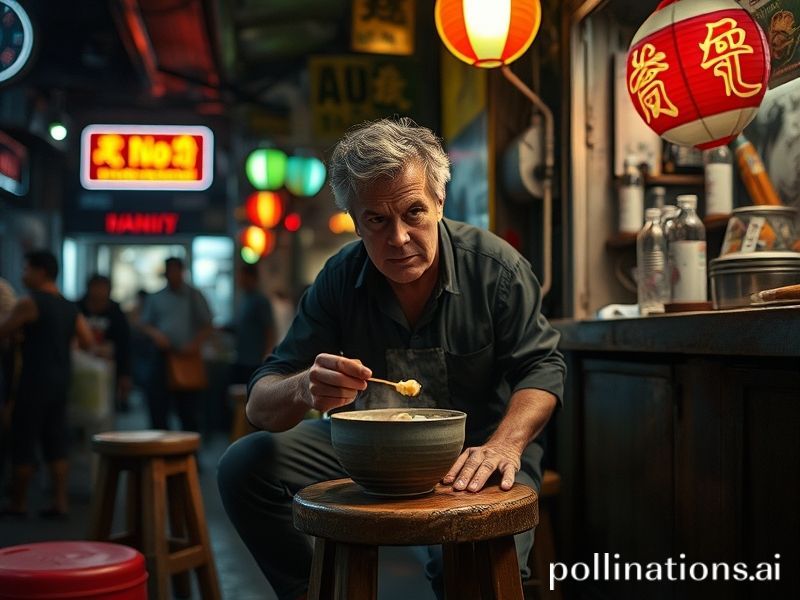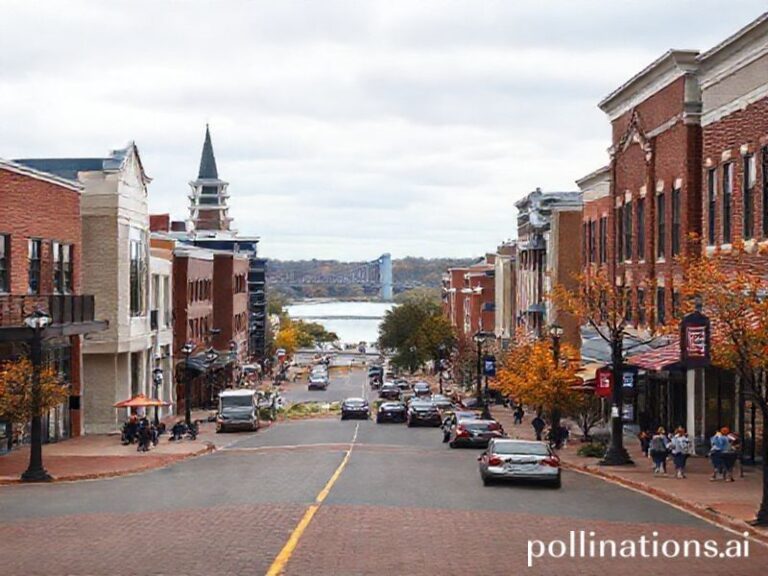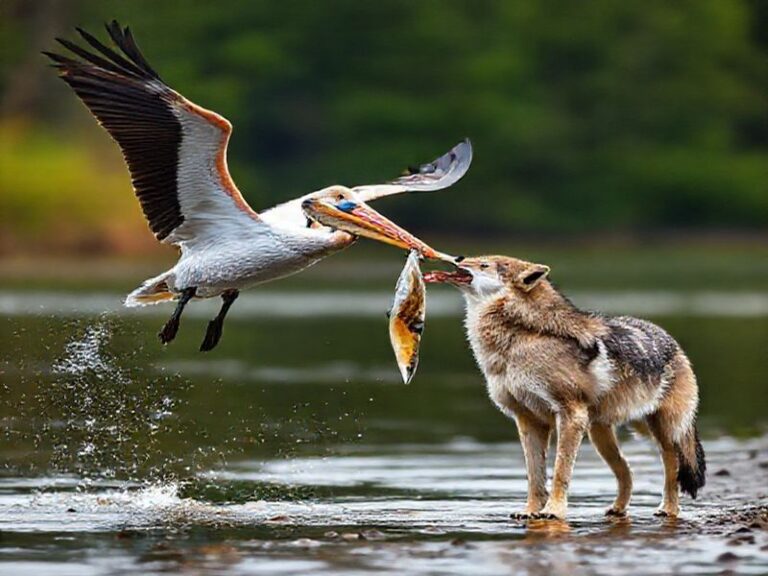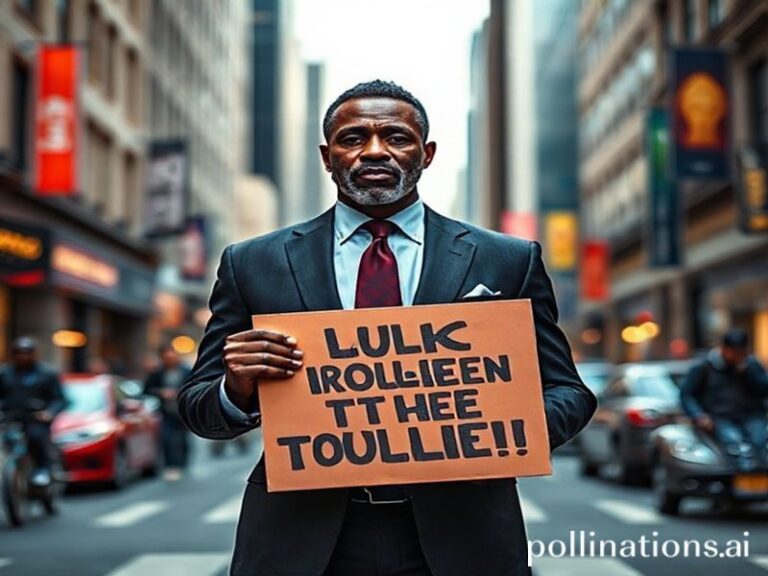How Anthony Bourdain Accidentally Became the World’s Most Effective Diplomat—And Left Without Saying Goodbye
Anthony Bourdain Was the Last Diplomat We Ever Sent Overseas—And We Didn’t Even Notice He Was Gone
PARIS—Somewhere between a bowl of bun bo Hue in Saigon and a michelada in Tijuana, Anthony Bourdain convinced the planet that dinner could double as statecraft. While career ambassadors were busy stapling talking points to one another in air-conditioned embassies, a tall, hungover ex-line cook in a Ramones T-shirt was doing the soft-power heavy lifting. He fed Barack Obama bún chả on plastic stools in Hanoi, taught CNN viewers how to slurp noodles without looking like a war criminal, and—most subversively—proved that the fastest way to disarm a border guard is to ask him where to find the best goat stew. The United Nations would still be arguing about the seating chart; Bourdain had already charmed the chef and stolen the recipe.
That global charm offensive ended on June 8, 2018, in a French hotel room. The news ricocheted across time zones like a dropped tray of champagne flutes: our accidental envoy was gone, apparently by his own hand. Stock markets didn’t crash and no treaties were torn up, but in kitchens from Lagos to Lima, prep cooks called in sick, bartenders poured shots to no one in particular, and a million passport stamps suddenly felt heavier. Suicide is always intimate, but this one felt geopolitical—like discovering your best foreign correspondent had defected mid-dispatch.
Bourdain’s passport had more ink than a failed ceasefire. He ate fermented shark in Reykjavik with the resigned bravery usually reserved for UN weapons inspectors, and shared mezcal in Oaxaca while narco-helicopters prowled the skyline like vultures with searchlights. Each episode of Parts Unknown was a stealth briefing: here’s how people actually live between the headlines. He never promised objectivity—he was too busy stealing cigarettes and letting grandmothers scold him for bad chopstick technique—but he delivered something rarer: curiosity without condescension, an anthropological superpower that State Department interns would auction their souls to possess.
In Lebanon, he filmed during the 2006 war and kept the cameras rolling when evacuation plans were being drafted. The episode aired with the soundtrack of distant shelling and the clatter of empty arak glasses. Viewers wrote in to say they finally understood why the Middle East might be worth saving. Somewhere in the Pentagon, a junior analyst presumably Googled “arak” and wondered why the $700 billion budget couldn’t buy that kind of goodwill.
The cynical among us—hello, welcome to Dave’s Locker—note that Bourdain’s greatest trick was monetizing empathy. CNN bankrolled his wanderlust, and we tuned in for vicarious rebellion against our own sad desk salads. He sold authenticity the way McDonald’s sells salads: wrapped, branded, and available for streaming. Yet even the most jaded expat can’t deny the side effects. Tourism boards rewrote strategies to court the “Bourdain bump.” Local chefs—once dismissed as mere “ethnic” curiosities—found themselves fielding calls from investors speaking the universal language of venture capital. A noodle stand in Singapore that charged three bucks a bowl suddenly had a two-hour wait and a line of influencers practicing their “humble gratitude” face.
Meanwhile, the world kept fracturing. Borders hardened, visas grew teeth, and xenophobia became a populist starter pack. Bourdain’s response was never policy white papers; it was simply showing up, fork in hand, asking, “What’s good here?” That question now feels almost quaint—like asking for directions in the age of GPS. But it was subversive precisely because it refused to treat strangers as statistics. Every shared meal was a temporary visa stamped in the mind, renewable only by memory.
Five years after his exit, the planet is demonstrably worse at dinner conversation. Diplomats tweet insults in all caps; travel influencers pose with rescued puppies they’ll abandon at baggage claim. And somewhere in Marseille, a bartender still sets aside a double espresso and a cigarette at 2 a.m., just in case the tall American ghost walks in, jet-lagged and hungry, ready to broker peace one bite at a time.







